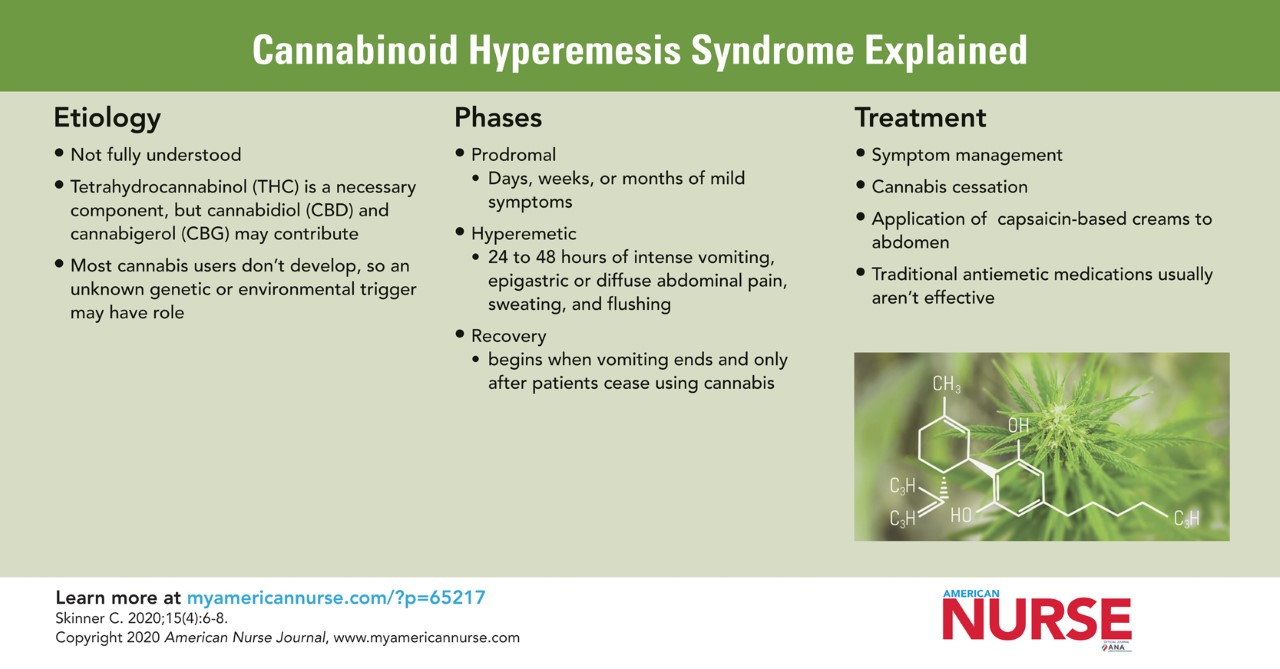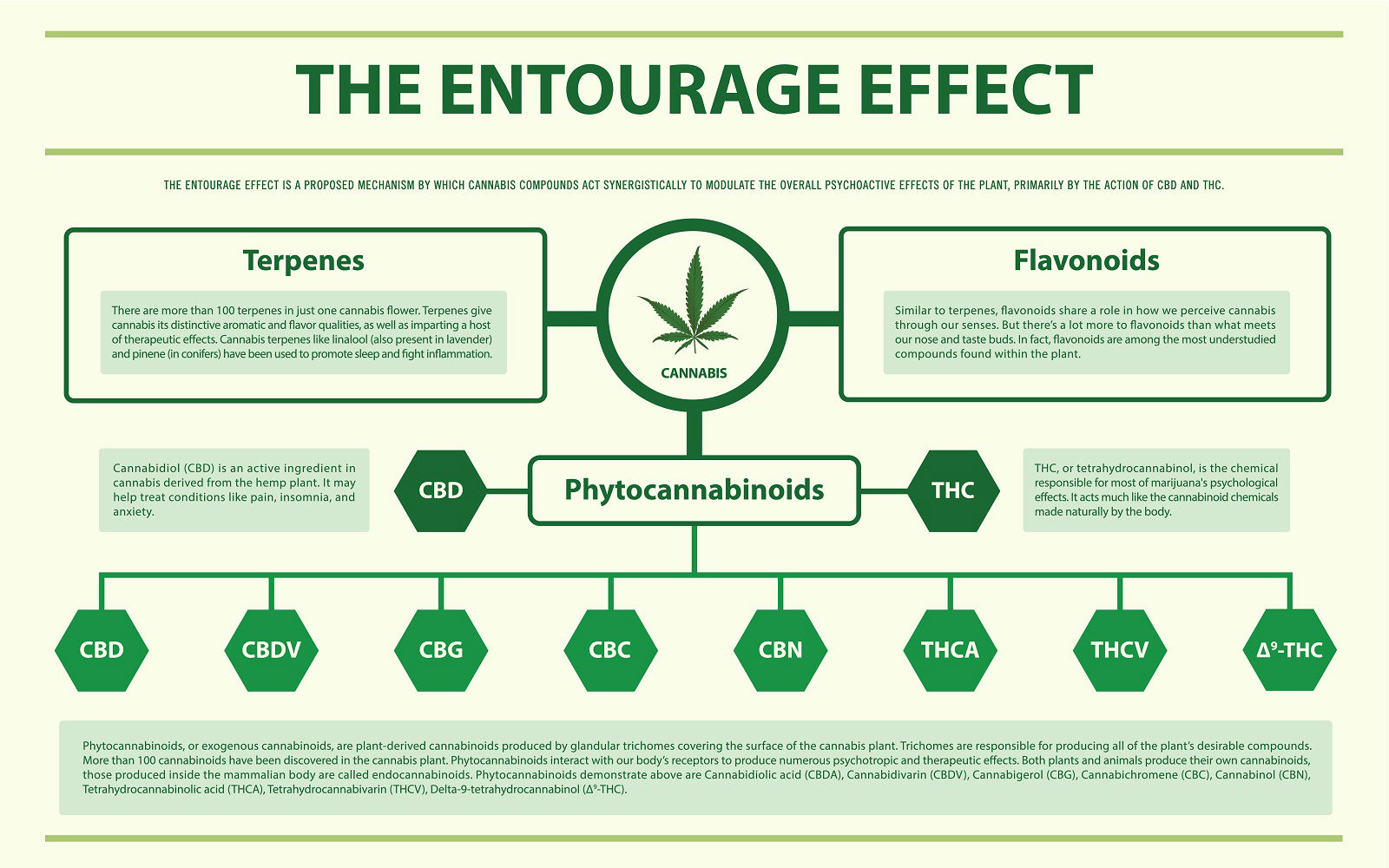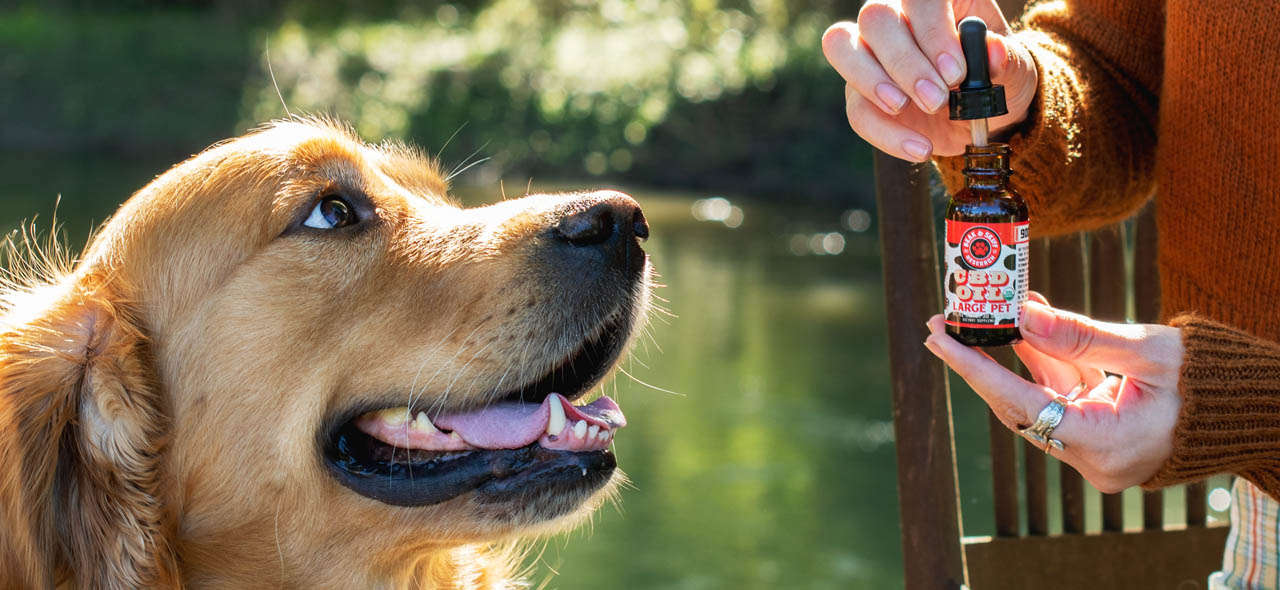
The legal status of CBD products was clarified in the recently passed Farm Bill. CBD oil tinctures derived from Hemp are now legal under federal law. It is still illegal to produce CBD products under state-legal cannabis programs. Nonetheless, companies are considering new business opportunities after the Farm Bill's passage.
The 2018 Farm Bill makes CBD oil tinctures legal for hemp-based CBD oils
Hemp-based CBD oil tinctures have recently become legal in the United States, but there are certain conditions that need to be met for these products to be sold and distributed legally. A company must follow FDA guidelines to market hemp-based CBD tinctures. They should use websites, social media platforms, brochures, informational materials, and other methods of marketing before selling them. Many hemp products are imported from overseas because states often prohibit commercial hemp cultivation. The 2018 Farm Bill made legal hemp products legal in the United States.
According to the new Farm Bill, hemp is cannabis sativa L. that contains no more than 0.3% THC per weight. Cannabidiol, also known as CBD oil, is a concentrated extract from the hemp plant. This oil has become increasingly popular as a wellness product in recent years, and it is now legal in many states.

CBD products produced within state-legal marijuana programs are still illegal under federal law
Although CBD products manufactured within state-legal programs for marijuana have become widespread, they are still illegal in federal law. Interstate marijuana commerce is prohibited under the federal ban. But, laws in different states may apply to marijuana. The Farm Bill, which is being introduced, will increase the availability of legal CBD products.
The FDA has issued warning letters and is currently investigating CBD companies that sell illegal CBD products. CBD products claiming to treat or prevent severe conditions are not allowed under federal law. The FDA may consult with federal and state partners when deciding whether to take enforcement action.
While the FDA acknowledged the potential medicinal benefits of marijuana, it remains illegal to sell or consume marijuana-derived goods. This has created a major public health concern because these products are not approved by the FDA. These products may cause patients to feel more comfortable with these treatments than approved ones.
CBD is not allowed in dietary supplements
CBD is not allowed to be added to foods or used as a supplement to diet. This is due to the fact that the compound has been the subject of substantial clinical trials as a drug. This provision is referred to as IND preclusion, and prohibits the use of a substance in dietary supplements that has undergone significant clinical trials. This policy is subject to modification at any moment.

The 2018 Farm Bill removed hemp-derived CBD from Schedule I, so it will no longer be subject to regulation by the Drug Enforcement Agency. The Farm Bill did not alter the status of any other federal agencies with jurisdiction over CBD. So, the FDA still has jurisdiction over CBD-related products and dietary ingredients. Furthermore, the Farm Bill did not change the position of FDA regarding the use of CBD.
FAQ
Which states use the most CBD?
California, Colorado, Oregon, and Washington are the three top states. These states have large populations, high incomes, and low unemployment rates. These states also have higher amounts of hemp farms than other States.
California leads the way because its economy is heavily based on agriculture. California produces a lot of the country's fruits, vegetables. This is because cannabis is from the same source as hemp.
Oregon and Colorado follow closely behind as both states produce medical marijuana. These two states, however, do not permit the recreational use of marijuana, as California does.
Other states that are highly ranked include Washington, New York. Florida. Illinois. Pennsylvania. Mississippi.
What is the future of the CBD industry?
The future is bright for the CBD industry. It's clear to see why so many people have jumped on this industry. This market is expanding exponentially with CBD products being purchased globally at a total of $1 billion.
In fact, according to Statista, global sales for cannabidiol (CBD) were expected to reach $22.4 billion in 2019. That's almost 200% more than in 2018!
A compound annual growth rate (CAGR) of 22.5% is predicted for the CBD market, which will translate into nearly $6.8 Billion in revenue by 2022.
This is good news for both companies that want to enter the CBD market and those who are already in this sector. However, the CBD market is still in its infancy. This means that there will be challenges.
How do prices for CBD differ across states?
Prices for CBD products are dependent on where you live. The prices of CBD products can vary more than tenfold depending on where they are located.
In general, prices increase the further north you go. CBD in Alaska costs $35 per gram. In Hawaii, however, it costs about $200 per gram.
This trend is continuing across the country. Prices range from $5 up to over $2,500 for a gram.
This is what's the deal?
Variable levels of regulation can explain why prices differ so greatly. Some states require CBD products that contain very little THC, the psychoactive component of cannabis. Some states don't care how much THC is present.
Some companies may choose to sell their products first in one state before shipping them to another.
Are CBD companies worth the investment?
This depends on your needs. They are great investments if you are looking to make money. However, if you are just looking to help others, I would say no. There are many other options available without spending $20k.
Statistics
- however, one study also found that these effects were virtually abolished when the original media (a nutrient broth agar) was replaced with one containing 5% blood (increasing the minimum concentration to ~160 μM CBD) [179]. (ncbi.nlm.nih.gov)
- While the primary injury may not be treatable, interventions that attenuate secondary sequelae are likely to be of benefit [203].Only one study (ncbi.nlm.nih.gov)
- CBD seems unlikely to directly influence sleep in healthy humans [115] (and maybe “sleep-promoting” in those with certain comorbid conditions) (ncbi.nlm.nih.gov)
- As a substance that was federally illegal before the passage of the 2018 Farm Bill, hemp-derived cannabinoids with no more than 0.3% THC still face a regulatory grey area. (forbes.com)
- The use of these products is likely to become even more widespread if the World Health Organization's recommendation that CBD no longer is scheduled in the international drug control conventions is adopted by the United Nations member states [201]. (ncbi.nlm.nih.gov)
External Links
How To
How to Get Certified for Selling CBD Products
One of many cannabinoids found within cannabis plants is CBD (cannabidiol). It's been used medicinally throughout history, including traditionally in China, India, and many South American countries. In recent years, however, its popularity has skyrocketed due to its ability to treat conditions like anxiety, pain, epilepsy, and inflammation. If you're looking to sell CBD products, however, there isn't an official certification program. At least not in the U.S.
There are two methods to do this. One way to do this is to join the local association of cannabis-business owners. By joining a local association of canna-business owners, you will be able to learn from others and receive support and advice. There are currently many associations across the country. There are two options. The first is to open an online business. Canna-businesses can now operate online in many states. If so, then you can set up your own website and begin taking orders right away. But, you still need to register with your state's Department of Public Health. Once you have been registered, you will be able apply for a state license through the department of public health. After you have received your license, your store is officially open and you can begin taking orders.